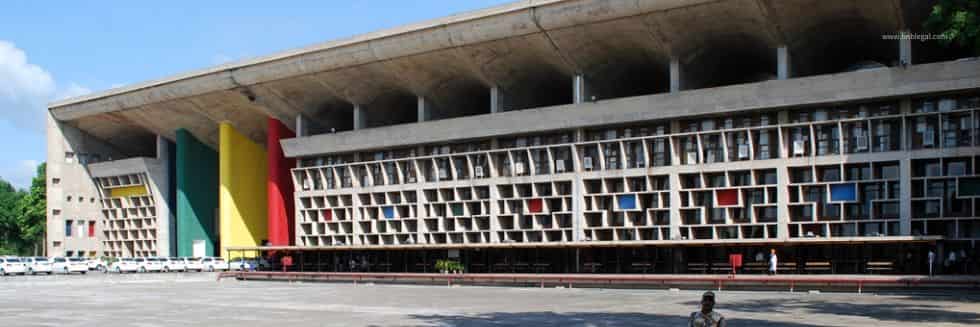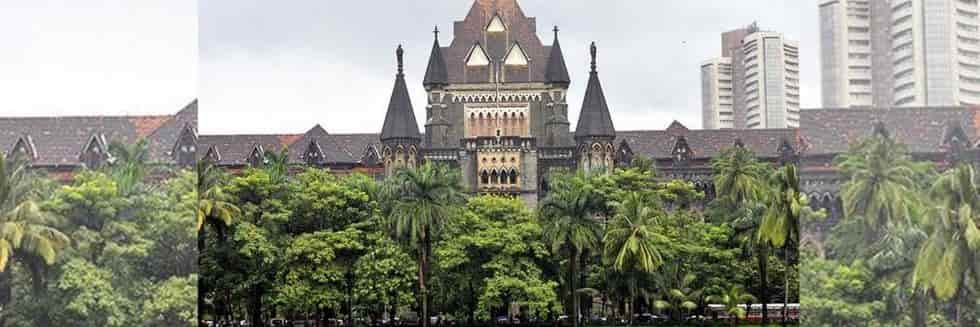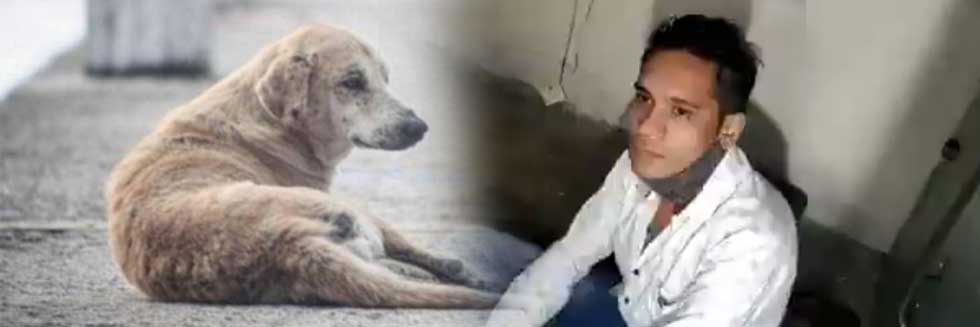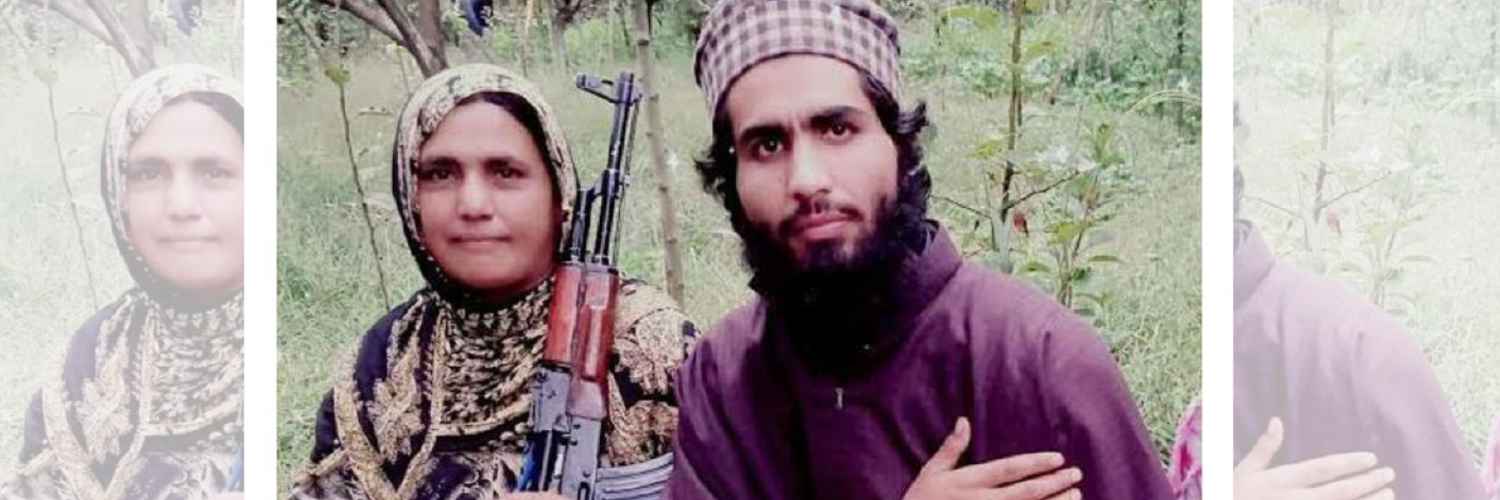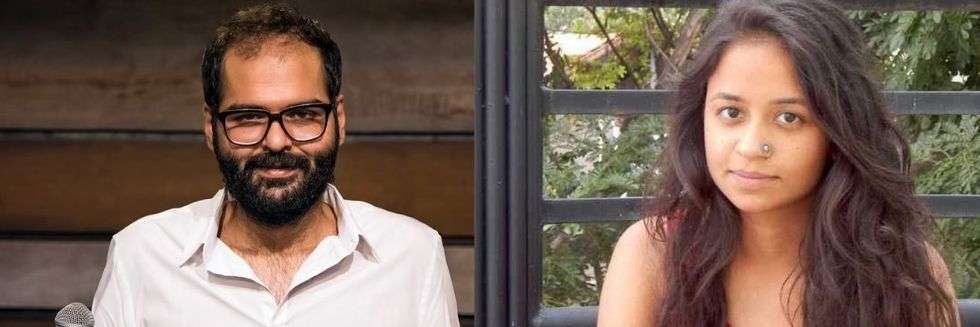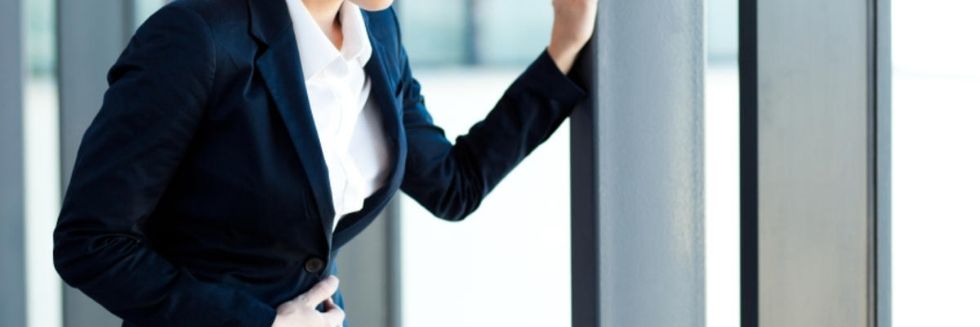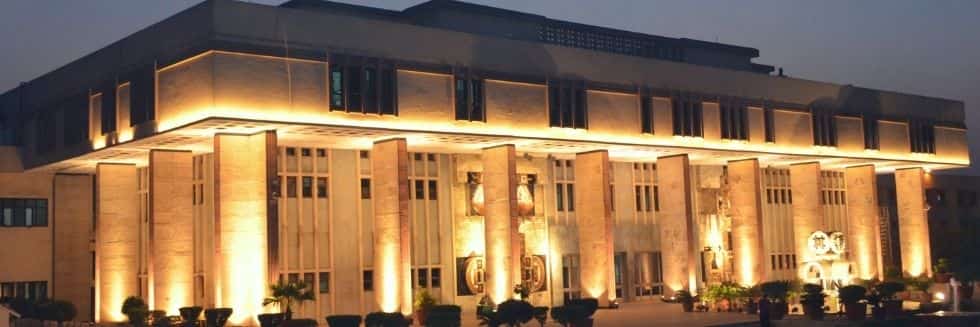Punjab & Haryana High Court issued directions to the trial Court to preserve the call details of the policemen who arrested the accused and noted that the right to a fair trial of the accused will prevail over the right to privacy of policemen.
“No doubt that passing the appropriate direction for preserving and production of call details/tower location details under Section 91 Cr.P.C. would violate the right to privacy of the police officials but the right of the accused under Article 21 of the Constitution of India in ensuring free and fair investigation/trial would prevail over the right to privacy of the police officials. Some extent of privacy can be breached in production of the said call details, as this would facilitate the learned trial Court in discovering the truth and rendering justice, which is fair to all stake holders,” Justice Harpreet Singh Brar observed.
The Court emphasized that failing to present the electronic record, admissible under Sections 65-A and 65-B of the Indian Evidence Act in a criminal trial, and thereby denying the accused a proper opportunity would constitute a miscarriage of justice.
Section 91 of the Criminal Procedure Code (CrPC) plays a pivotal role in promoting a fair and equitable resolution to a case. It ensures that pertinent evidence is provided to the court, enabling informed decisions and contributing to a just and impartial outcome, the bench said.
These remarks were made in connection with the petition filed by Paramjit Kaur, contesting the decision of the Additional Sessions Judge in Hisar. The judge had dismissed the petitioner’s application under Section 91 of the Criminal Procedure Code (CrPC), which sought to preserve call details records along with a location chart.
The petitioner argued that her husband is unjustly accused in a drug case under the NDPS Act because he had lodged a complaint against police officials.
Hence, it is imperative to safeguard the call location records of the police officers to demonstrate that the petitioner’s husband was not apprehended at the specified time and place as claimed by the investigating agency, she further stated.
In contrast, the state’s counsel argued that disclosing the call details and tower locations of the police officers would unveil the identities of confidential informants. These informants play a crucial role in assisting the investigating agency in monitoring anti-social elements, and such information cannot be routinely disclosed to the public.
The bench stated, “reserving and requisitioning of the call details and tower location details would be necessary, otherwise the same would be lost forever. The right of accused to invoke the provisions of Section 91 Cr.P.C. for obtaining documents in support of his defence has been recognized by the Constitutional Courts.”
The legislative purpose behind the introduction of Section 91 of the Criminal Procedure Code (Cr.P.C.) is to guarantee that no significant material or evidence relevant to the matter goes undiscovered in the process of uncovering facts during investigation, inquiry, trial, or other legal proceedings, stated the Court.
Additionally, the Court clarified that while preserving call records may encroach upon the right to privacy of policemen, this consideration must yield to the higher importance of ensuring a fair trial and investigation for the accused.
Nevertheless, the privacy rights of police officials cannot be violated solely based on the assertion of the accused. Prior to issuing any order for the submission of call details or tower locations, the accused must substantiate the necessity and relevance of such evidence, demonstrating its significance in establishing their guilt or innocence, emphasized the bench.
While underscoring that the principles of natural justice are an integral part of the fair trial under Article 21 of the Constutution, the bench said, “Any denial of the best available evidence or effective and substantial hearing to accused in proving defence would amount to a denial of a free and fair trial.”
The Court set aside the trial court order and stated, directed to pass necessary directions under Section 91 Cr.P.C. for preserving and production of the call details/tower location details of the phone numbers…attached with the application filed under Section 91 Cr.P.C.
It is pertinent to note that, a single bench of the Punjab & Haryana High Court had dismissed a plea to preserve the call records of a police officer who arrested the petitioner in the NDPS Act observing that for the possibility of creating evidence in favour of the accused, it cannot go to the extent of breaching privacy of a police officer.
